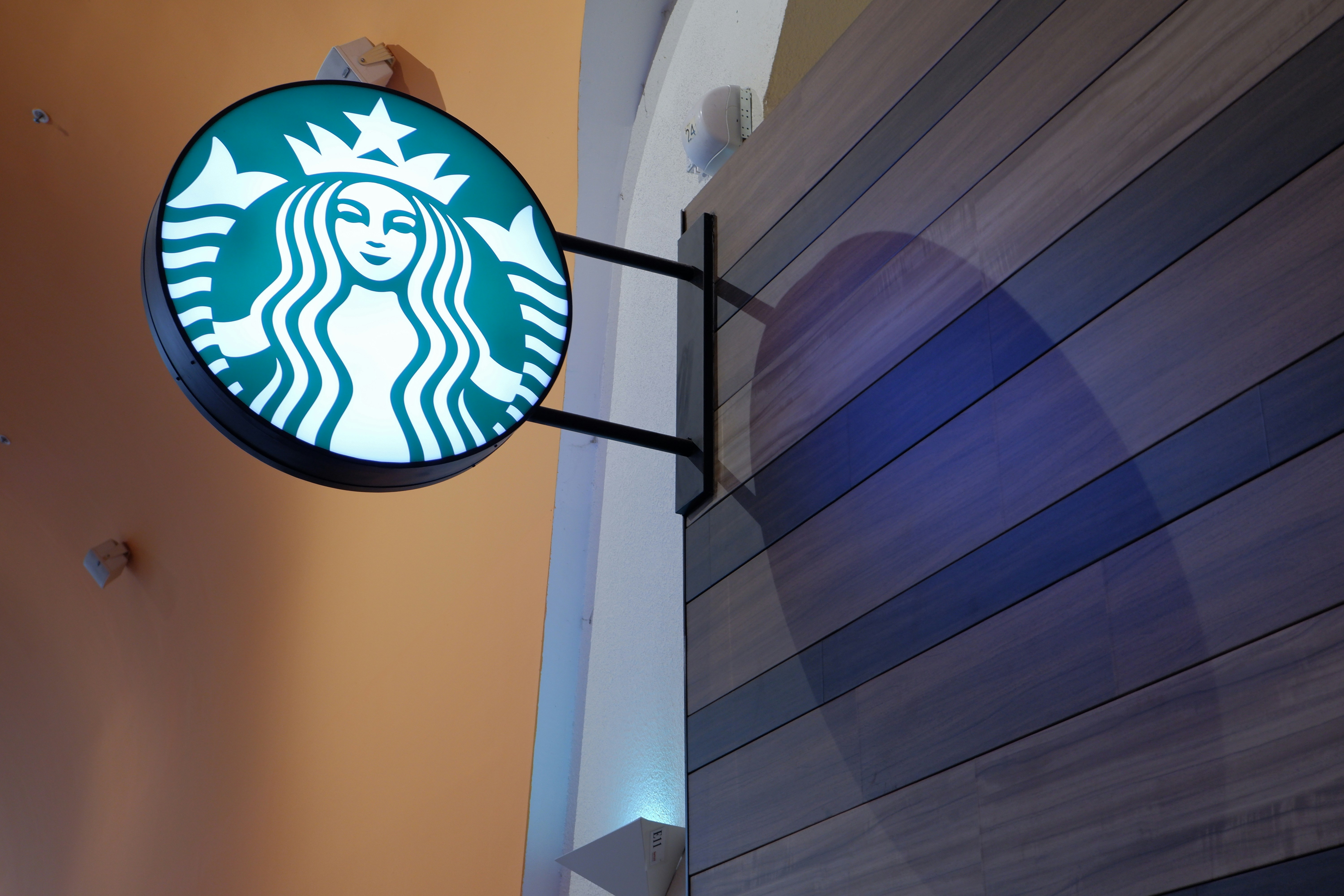Starbucks Lawsuit Allegations: A Case Study on Workplace Diversity and Black Lives Matter Support
Explore the details of the recent Starbucks lawsuit allegations regarding workplace diversity and Black Lives Matter support. Learn about the implications and outcomes of the legal battle.

Background of the Lawsuit
The recent legal battle between Starbucks and a plaintiff, dating back to March 2020, sheds light on significant issues related to workplace diversity and company support for social movements. The plaintiff, whose store temporarily closed during the COVID-19 pandemic, alleged that Starbucks faced accusations surrounding its handling of employee attire supporting the Black Lives Matter movement.
Workplace Diversity and Black Lives Matter Support
Starbucks, a global corporation with a large workforce, found itself at the center of a controversy regarding its stance on supporting Black Lives Matter. Initially, the company prohibited employees from wearing clothing or accessories advocating for the movement. This decision, later reversed in June 2020, received considerable attention and criticism, highlighting the complexities of addressing social issues within a corporate environment.
Allegations and Accusations
In the case detailed by the plaintiff, Starbucks was accused of mishandling the distribution of Black Lives Matter shirts to employees. Despite the store closure preventing the receipt of the shirts, the plaintiff claimed she was wrongly blamed for the issue. Such allegations not only underscore the importance of clear communication within organizations but also raise questions about the accountability of management in promoting diversity and inclusion.
Legal Implications and Outcomes
The legal battle between the plaintiff and Starbucks comes in the wake of a previous high-profile racial profiling incident involving a White manager. The resolution of such cases often carries significant financial implications, as evidenced by the millions in damages awarded to the manager in the prior suit. The decision of the court in these matters can impact not only the companies involved but also set precedents for future workplace diversity and inclusion practices.


